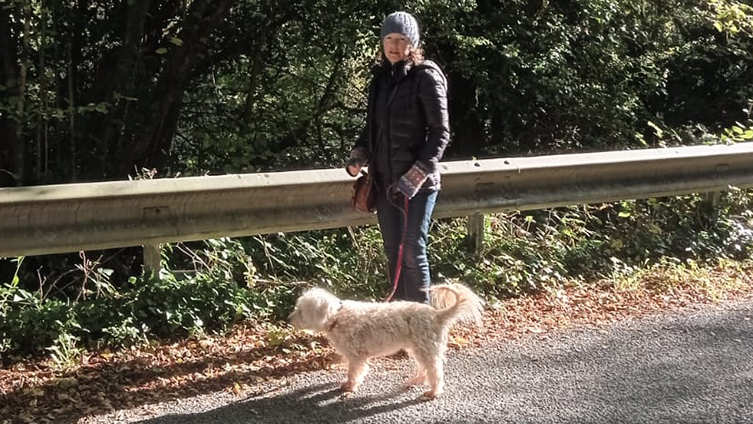 Shutterstock / SFIO CRACHO©
Shutterstock / SFIO CRACHO©In this week’s Features Ed blog, I thought I’d write a bit about actually writing blogs.
When I started this job over a decade ago, I didn’t even know what the word meant! You might think as writers and editors, it comes naturally to extend that skill to the internet. But, oddly, I haven’t found it so simple.
I’m used to doing my job, not to writing about it, and sometimes I’m sat there staring at a blank web page wondering where to start! Which is probably something our many fab Fiction writers can occasionally identify with.
Getting ahead
I’ve done a couple more blogs than usual this week, as I’m off next week to see my parents, so the mechanics of it are feeling a bit more familiar.
One thing that’s really interesting is the package that we use to create content for the internet – WordPress. It’s very common amongst web people. And it’s also very judgemental!
It gives you a score for the “readability” of the blog, as well as an “SEO” score – Search Engine Optimisation.
For either score, you can get a red frowning face (poor), an orange “meh” kind of face (OK) or a green smiley face (Good). Obviously, first and foremost comes producing quality content for you, our readers. But we do pay special attention to these ratings as they make it easier for people to find and read our blogs online. So they’re important – but making those faces turn happy takes a bit of craft, and one all of us have had to learn.
Readability score
This is sort of self-explanatory, but also a bit unusual. It’s obviously based on research about the kind of thing people prefer to read on the internet. So it reprimands you for overlong sentences, and stresses the need for subheadings to break up large bodies of text.
I’m particularly bad at this. Apparently, I write very long sentences – and fans of Willie Shand might notice that he does, too. And there’s nothing inherently wrong with this. WordPress is just being honest with us about how people read on the internet. If you want a long, denser read, you’ll pick up a copy of the mag and get stuck into a story, or read a book. The internet is for quick reading.
It’s also not keen on the passive voice, where you describe something in terms of it happening to someone, rather that from the POV of the person doing it. “I was hugged by mum” is bad, “Mum hugged me” is good. So it says. Fewer words, clearer message. Does that also apply to writing? I wonder…
SEO score

Shutterstock.
The second score tells us how easy it is to find our stuff if you’re searching for it – or similar content – using a search engine. This is the harder of the two to please!
As I’m writing this right now, my readability is green and happy with me. My SEO, on the other hand, is not. Mainly, because it’s the last thing we do before completing a blog, but if often takes the most fine-tuning.
You need an identifiable key phrase – in this case, I’ve opted for “features ed blog”. Then it asks you to repeat that in a few places to reinforce your message. See, I’ve just sneakily managed it then!
We also write the little summary blog description that comes up in a search engine underneath the link – the Meta Description. And we write that little line that appears on the website to describe it. That’s something different, too.
Tricky customer
So the program guides our writing to some extent. Which sometimes I find a bit unnerving – the machines are taking over! And sometimes it’s a bit idiosyncratic. Earlier this week I got told off for both repeating my key phrase “behind the scenes” (from this blog about my weekly work) too little, and for it being repeated too much – both in the same blog – as we also had a “behind the scenes” series from the Fiction Team!
I guess it’s not entirely dissimilar to the relationship a published author has with their editor. It’s a back and forth about style, tone and structure. And not always a harmonious one!
However, it never interferes with content choice – that would just be frightening. It just optimises and streamlines what we do chose to chat about.
Sometimes its advice has to be taken with a pinch of salt, but has it taught me something about my own writing? Yes. I’d say so. Long sentences can be a chore to read, and the passive voice is often a long and awkward of saying something. I definitely apply some of that critical thinking to any features I write these days.
And I’d say it’s important never to be afraid of learning something new about your writing – even if the advice comes from a computer!




